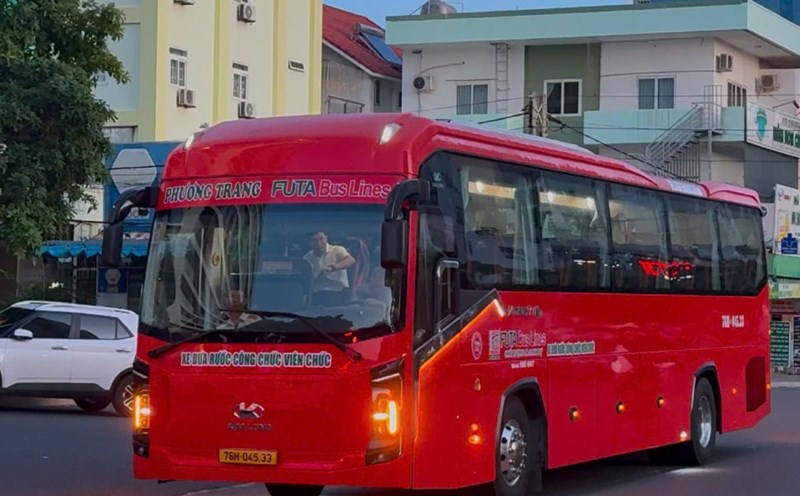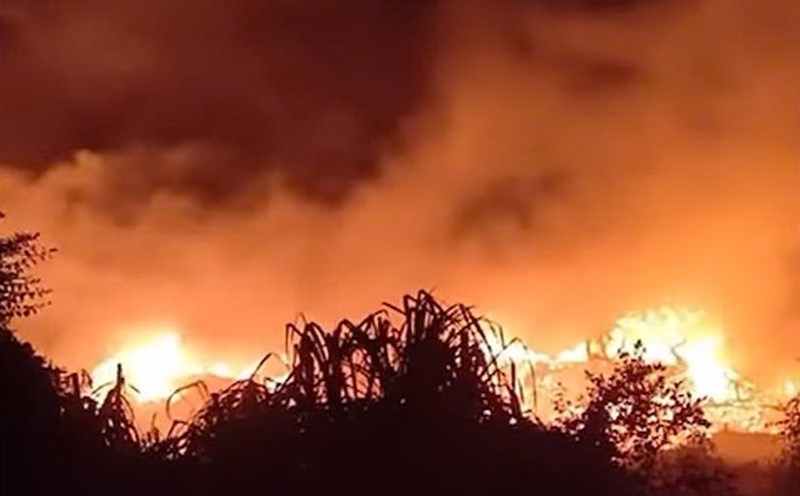Low rate of detection of fake drugs
Each year, the institutes test about 40,000 drug samples, with the rate of unQualified samples below 1%. In 2024, this rate will decrease to 0.56%. The Central Institute for Drug Testing discovered 23 suspected counterfeit samples, accounting for 0.06%, remaining below 0.1% since 2012.
Although the percentage of fake drugs in Vietnam is low compared to other countries in the region, large -scale fake drug trafficking still occurs. A typical example is the destruction of the fake drug production line in Thanh Hoa, out of 21 seized products, 4 types have been identified as fake drugs licensed by the Ministry of Health, such as TetracyCline, Clorocid, Pharcoter and Neo-Codion, with labeling completely matching with real drugs. The remaining products do not coincide with any drug in the list of licensed Ministry of Health.
Similarly, a large counterfeit drug production and trading ring in Ho Chi Minh City was broken up in early 2025, seizing more than 1,100 boxes of finished drugs worth more than 45 billion VND.
At the same time, the Drug Administration of Vietnam warned people not to use fake drugs such as Clorocid TW3 and Tetracyclin TW3, although production has stopped since 2021. A warning has also been given for Yuan Bone cysticals to treat bones and joints, which were found to be fake drugs.
Danger from fake drugs
According to the WHO, fake drugs are products with false labeling, fraudulent properties or origins. Counterfeit drugs may lack or have incorrect active ingredients, inadequate content, or fake packaging. Counterfeit drugs cause many dangerous complications, from not being able to cure the disease to making the disease worse, can cause shock, severe allergy or death.
Dr. Ta Manh Hung - Deputy Director of the Department of Drug Administration (Ministry of Health) - emphasized that medicine is a special item, directly affecting the health and lives of patients, so it needs to be strictly managed. Counterfeit drugs are mainly sold online or through retail channels without legal documents. Fortunately, fake drugs have not yet entered public medical facilities, because fake products do not have valid documents to participate in bidding.
Associate Professor, Dr. Dao Xuan Co - Director of Bach Mai Hospital - affirmed that no counterfeit drugs have been detected entering the inpatient treatment system. However, with the increasingly sophisticated trade of counterfeit drugs, the hospital has proactively reviewed the entire supply chain and pharmacies to ensure patient safety. "We have controlled tightly from the start. All drugs brought into the hospital must go through a strict bidding process, with clear legal documents and origins. No drugs floating or unsuccessful are accepted for treatment" - Mr. Co said.
Tightening management
Dr. Ta Manh Hung added that the Ministry of Health is advising the Government to issue a Decree regulating online drug trading, reviewing and clearly assigning responsibilities in controlling drug production and circulation, especially online drug advertising and trading. The Ministry also strengthens coordination with media agencies to provide information about fake drugs, encourage people to buy drugs at licensed medical facilities and notify when detecting violations.
In addition, the Ministry of Health proposed amending Decree 117/2020/ND-CP, adding regulations to strictly punish the act of trading in counterfeit drugs, drugs of unknown origin and unlicensed online drugs.
The Prime Minister has issued a telegram requesting handling the case of the production and sale of fake medicine and health protection foods.
The dispatch requested the Ministry of Health to coordinate with the Ministry of Public Security to investigate and handle the case, direct localities to review and recall fake medicine and fake health protection foods to prevent harm. Together with the Ministry of Industry and Trade, agencies will strengthen control of fake drugs and fake health protection foods on the market.
The Ministry of Health will step up inspection and examination of pharmaceutical and health protection food businesses, especially in key localities, and require wholesale and retail establishments to only sell products with circulation registration certificates, invoices and legal documents, and strictly handle violations.











